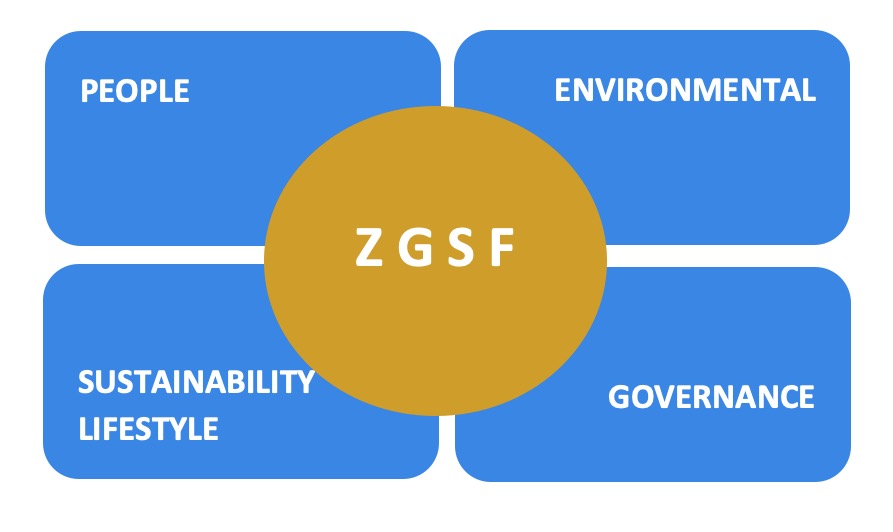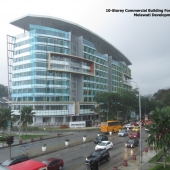Sustainability
Sustainability Statement
Zecon’s Group sustainability approach embeds sustainability opportunities and risks into business strategic direction, focusing on the people and the environment around the Group’s activities to enhance long term economic growth and shareholders’ values. Through processes and measures based on global best practice and strategic collaboration, the Group’s Sustainability aims to increase competitiveness and cultivate a sustainability lifestyle for its people and stakeholders.
Zecon Group Sustainability Framework (ZGSF)
| ZGSF | |
| People | Focusing On Employees Welfare, Safety and Health And Practice Inclusivity |
| Environmental | Enhance Climate Awareness & Management To Minimise Negative Impact |
| Sustainability Lifestyle | Advocating A Sustainability Culture For Our People And Stakeholders |
| Governance | Establish Governance And Policies In Managing The Group’s Economic, Environmental And Social (EES) Opportunities And Risks Through Best Practices |
ZECON GROUP SUSTAINABLE GOALS
Zecon Group Sustainable Goals are identified from the United Nations Sustainable Development Goals (SDGs) published in September 2015 (http://sdghub.com/ceo-guide). These 4 goals are best related and practicable to the Group’s day-to-day activities covering the core businesses of Construction, Healthcare Concession and Property Development. They are also in-line with the long-term goal to have a sustainable lifestyle for the people in the organisation and the communities which the Group operates in.
| Good Health And Wellbeing |
|
| Affordable And Clean Energy |
|
| Industry Innovation And Infrastructure |
|
| Sustainable Cities And Communities |
|
ZECON GROUP SUSTAINABILITY STRUCTURE
| SCOPE & RESPONSIBILITY |
|
The BOD is ultimately responsible for embedding sustainability into the Group’s business strategy and business direction, creating long term value for business continuity and competitiveness, optimise stakeholders’ values. The BOD reviews the Sustainability Report (SR) tabled by the ZGSC, discusses and approves initiatives and recommendations made by the ZGSC. Zecon adopts top-down approach in sustainability governance, the BOD is responsible for the overall integrity of the Group’s Sustainability. |
|
ZGSC is responsible for the overall group level sustainability policy, framework, initiatives and materiality. ZGSC is also tasked to review the process regularly and to evaluate performance by the working committee on various sustainability initiatives outlined by the ZGSC. ZGSC prepares SR to advise and recommend to the BOD the business strategies in the area of sustainability, every quarterly, prior to the BOD meeting. |
|
ZSWC is responsible to carry out the sustainability initiatives outlined by the ZGSC, to apply them diligently in their everyday activities at work. ZSWC’s performance and accountability will be evaluated and measured by the ZGSC. |
MATERIAL SUSTAINABILITY MATTERS
The Group established its material sustainability matters by identifying attributes and factors that are relevant and substantial to the overall performance, financial and operational results and viability of business, in terms of the impact on governance, social, environmental and consequences to its shareholders.
The following matters were identified as the Group’s Material Sustainability Matters:
- Occupational Safety And Health
- Quality, Timeliness And Pricing of Products And Services
- Business Ethics
- Waste And Effluent Management
- Building Technology; And
- Social Impact of Products And Services









